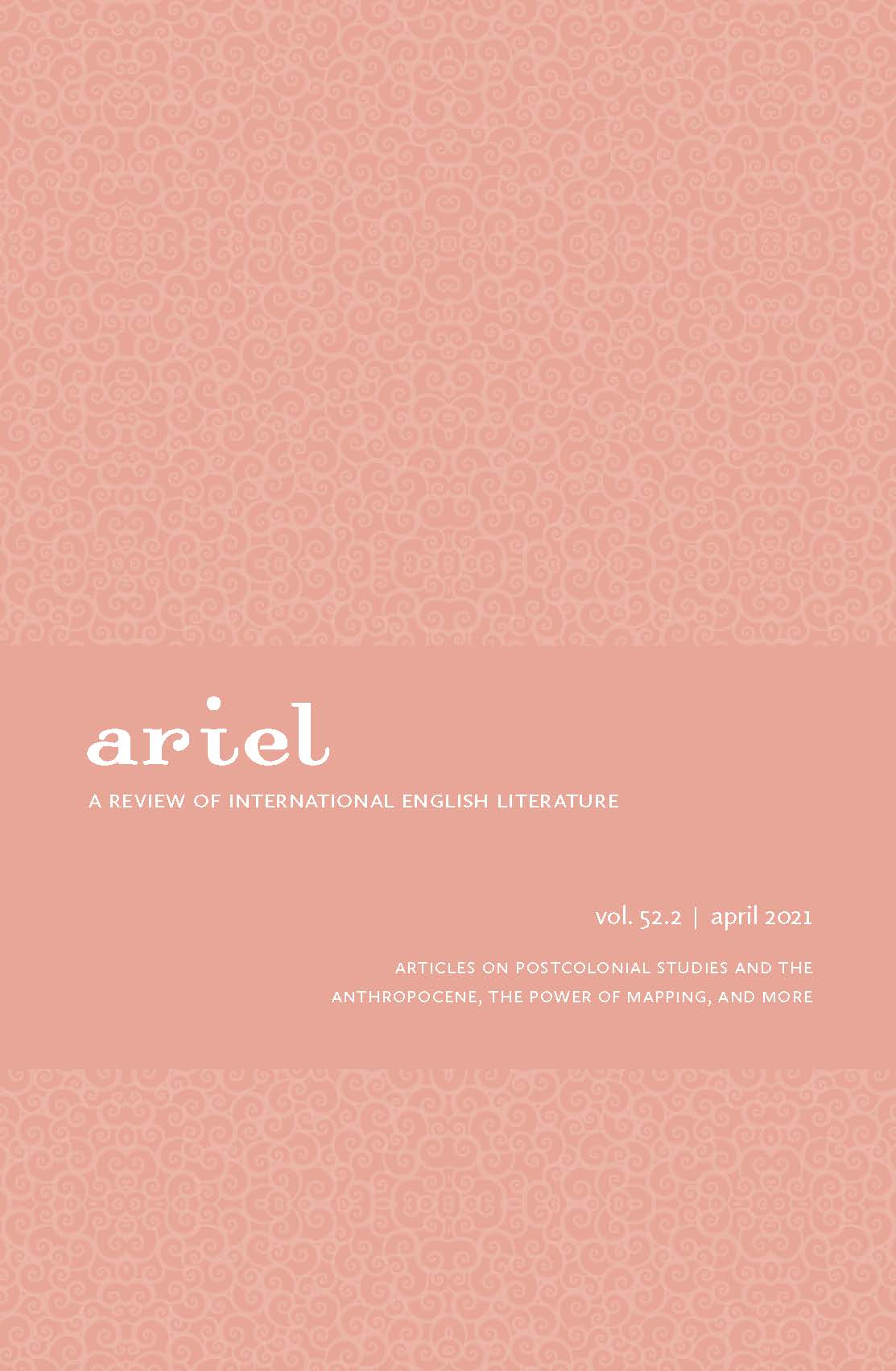Postcolonialism, the Anthropocene, and New Nonhuman Theory. A Postanthropocentric Reading of Robinson Crusoe
Keywords:
postcolonial studies, postanthropocentric theory, New Materialism, OOO, ANT, the Anthropocene, imperial literature, Robinson Crusoe.Abstract
The point of this article is to illustrate the relevance of postanthropocentric theory (e.g. New Materialism, OOO, and ANT) in postcolonial studies of literature and to address the task of stretching postcolonial ideas of subjectivity to include human-nonhuman entwinements made visible by the reality of the Anthropocene (Chakrabarty). While outlining main points in postcolonial criticisms of postanthropocentric theory, the article points to common ground and argues for the gains that postcolonial studies may draw from the latter. It illustrates such gains in a combined postcolonial and postanthropocentric reading of Robinson Crusoe which the article sees as a cultural icon that marks an imperial but also the dawn of an anthropocentric imaginary. The article proposes that a cultural and epistemic adjustment to the reality of the Anthropocene and human-nonhuman entwinements is helped on the way not only by (the study of) new Anthropocene fiction, but also through postanthropocentric re-engagements with colonial and postcolonial literary heritages. In this respect, the article’s reading of Robinson Crusoe does three things: 1) It uncovers the conjunction in the novel of an anthropocentric and an imperial imaginary and illustrates how (imperial) literature has contributed to the suppression of human-nonhuman entwinements in cultural cognizance; 2) drawing on postanthropocentric theory, the article offers an unorthodox (embodied and sense-aesthetic) reading of the novel that shows how human-nonhuman divisions cannot be sustained even in literature that triumphantly celebrates human exceptionality, and 3) it suggests a way in which a postanthropocentric reading may also combine with a release of language from its colonization by racist ideology, not in opposition to poststructural deconstructions of Crusoe’s racializing discourse, but as a supplementary de-ontologization of race. A key argument in the article is that Crusoe’s anthropocentric and racializing language does not use up all of reality: that something always escapes anthropocentric representation and that alterity is inevitably let into a narrative through the connotative and aesthetic work, or agency, of any referent to reality.


